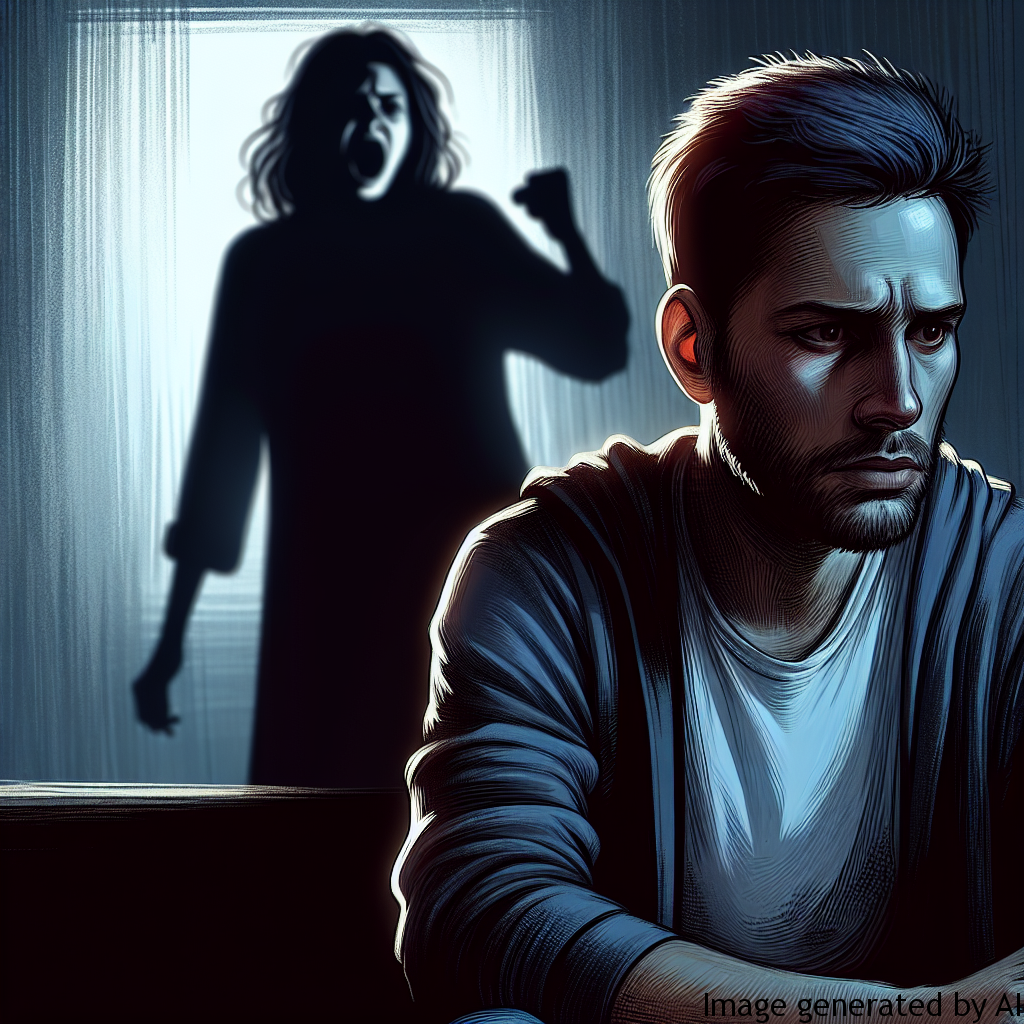Introduction
Domestic violence and abuse, often perceived as a women’s issue, are indeed gender-neutral problems. Despite the stereotype that women are the predominant victims, men also suffer from domestic violence. The cultural norm and traditional gender expectations have partly contributed to the under-reporting of domestic violence cases involving male victims. This article dwells into gender expectations, their psychological impact on men, how they shape men’s lives, and suggestions to improve mental health in light of these issues.
Gender Expectations and Their Influence on Men’s Psychological Health
Stereotypes and Expectations
From a young age, men are often taught to be tough, resilient, and to suppress their emotions. The traditional masculine role encourages men to be the protector and provider for their families, leading to immense pressure and stress. These expectations can severely impact men’s psychological health, leading to issues such as depression, anxiety, and lower self-esteem.
The Stigma of Male Victimhood
The societal stigma surrounding male victims of domestic violence further complicates the situation. Men who experience domestic abuse are often reluctant to seek help or report the incident due to shame, fear of ridicule, or the belief they will not be taken seriously. This not only exacerbates the psychological trauma but also perpetuates the underrepresentation of male domestic violence victims.
Examples of How Gender Roles Can Impact Men’s Lives
Traditional gender roles and societal expectations can take a toll on all aspects of a man’s life. It can limit their ability to express their emotions, which can lead to feelings of isolation, depression, and mental health problems. Men who accept these roles as the norm might internalize them and bear the brunt of pressure, leading to emotional stress and poor mental health. Moreover, it might discourage male victims of domestic violence from seeking help or reporting the abuse, perpetuating the cycle of violence.
Advice on Improving Psychological Health Considering Gender Roles
Encouraging men to express their emotions and seek help when needed is imperative for their psychological well-being. Professional help such as counselling, therapy, and support groups can provide a safe space for men to discuss their feelings, concerns and fears related to domestic abuse. Educating society about the realities of domestic violence against men and promoting non-judgemental support can further help to alleviate the stigma faced by male victims and encourage them to seek help.
Conclusion
It is critical to acknowledge that domestic violence is not gender-specific; it affects men as much as it does women. Traditional gender roles and societal expectations can greatly impact a man’s life, most profoundly his psychological health. Such stereotypes and stigmas not only hinder men from seeking help but also perpetuate the cycle of violence. Therefore, it is important to shift societal perspectives, promote healthier identities across genders, and provide the necessary psychological and legal support for all victims of domestic violence.

